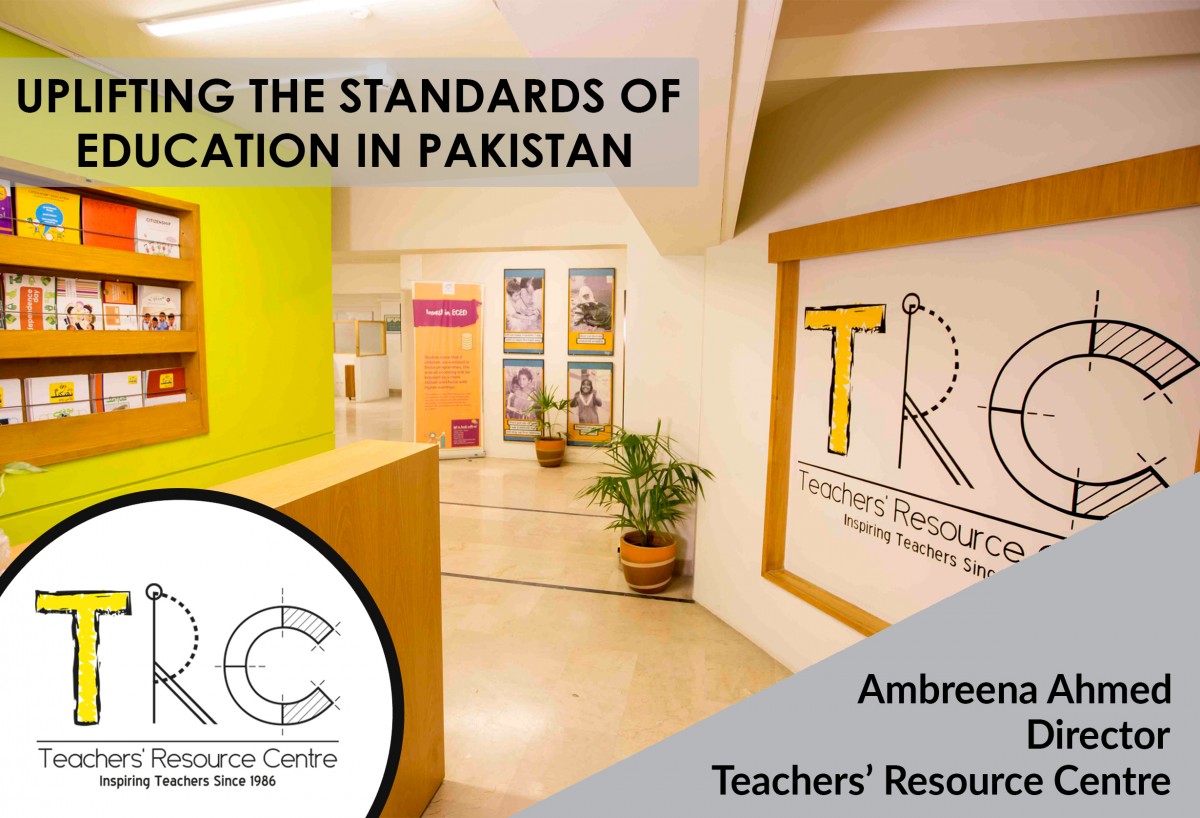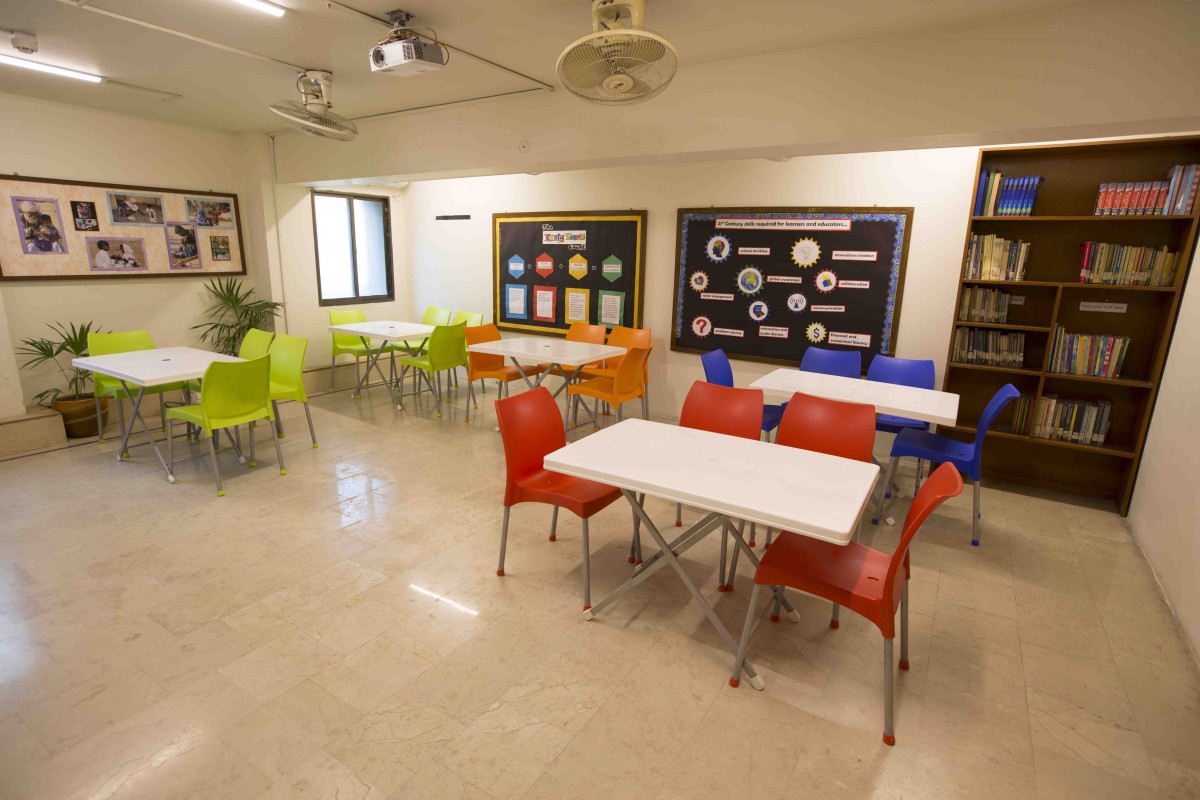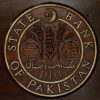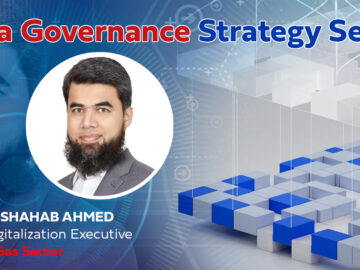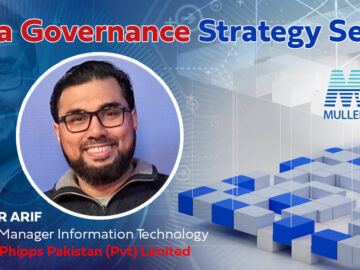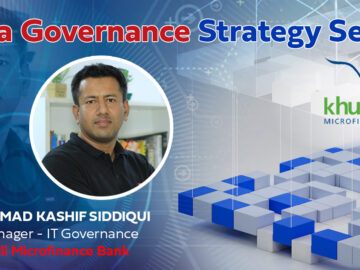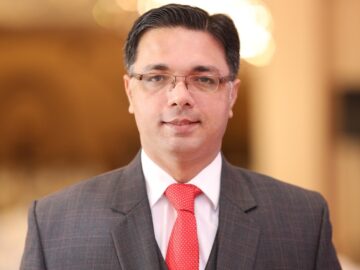Ambreena Ahmed, Director at Teachers’ Resource Centre (TRC) shares her insights on the current situation and suggests, what changes should be made in the system to uplift the standards of education in Pakistan.
While emphasizing on the significance of teachers’ training programs, Ambreena said, “A mentoring mechanism and classroom level support and follow-ups should be part and parcel of teacher education initiatives if we want to see evident impacts on learning outcomes”.
During her conversation with Daily NewsPK, Ambreena Ahmed highlighted what impacts, the recent crisis has made on education system in Pakistan and what innovative and forward thinking initiatives Teachers’ Resource Centre (TRC) has been taking to address the needs of time.
1. What impact does COVID-19 has caused on overall educational landscape in Pakistan? Do you think we will be able to recover from this?
Pakistan already suffers from an education emergency. COVID-19 only made matters worse. I agree that the transition to online teaching-learning became inevitable, however, education for the masses remained disrupted. The privileged private sector education providers managed to keep students engaged but unfortunately those attending public sector or low fee charging institutions drastically missed out owing to a lack of a prompt response from the institutions. This again points to a serious socioeconomic divide which keeps widening. The overall impact has been detrimental for those attending less privileged schools/colleges/universities or those without access to technology to assist them with continuing their education. According to the UN estimates, 50% of children in the world still do not have access to a personal computer. I think that summarizes it pretty well. Technology is still not a universal solution that guarantees equal access.
2. What plans do you have as one of the prestigious institutions to assist with this?
Teachers’ Resource Centre (TRC) is a pioneering institution working for the last 34 years to uplift the standards of education in Pakistan through teachers’ professional development. It has been striving not only to provide par excellence teacher education programs but also an empowering self-development space where teachers from all types of schools can come together to learn, exchange ideas and experiences and grow together. As a response to COVID-19, TRC also transitioned to an online platform and launched TRC Digital Academy offering webinars, short and long duration workshops, 6-month diploma in Early Childhood Education and other professional development resources for teachers, educators, parents, students etc. We are currently offering a range of hybrid, fully online as well as fully on-campus (dependent on Corona situation) learning and development programs for teachers from ECE to secondary grades. Our programs cover both subject based as well as pedagogical aspects including themes like critical thinking, citizenship, media literacy, active learning, 21st century skills, leadership and management etc. We also offer international accredited courses for teachers.
3. Do you think our current education system is addressing reskilling and upskilling challenges? And what role can training play in the betterment of the system?
We still have a long way to go. Although there is a concerted reform effort by the State, the magnitude of the challenge, to ensure equal access to quality education, reduce gender disparity and promote contextually relevant, research and reflection driven and outcome based education, is phenomenal and daunting. There is realization from policy makers to implementers that without integrating life skills, citizenship, critical thinking and entrepreneurship our human development indicators will remain dismal. This is a step in the right direction but we need not just a paradigm systemic shift but transformatory thought leadership to move forward.
Training alone will not solve the quality problem. Training and development has to be seen as part of an integrated, strategic and long term framework which will lead to sustainable quality reforms benefiting teachers as well as the entire education community. For example, teacher training investments not leading to career progression, conducive work environments and/or other intrinsic enablers will be largely futile. A mentoring mechanism and classroom level support and follow-ups should be part and parcel of teacher education initiatives if we want to see evident impacts on learning outcomes.
4. How do you see the environment of partnering with other players and how can partnerships nurture the educational ecosystem in the society?
Symbiotic, like-minded and strategic partnerships are the only way to stay afloat in this rapidly changing development sector landscape. It is vital to create alliances which synergize each partners’ strengths, passion and resources to optimize impacts. This is a great mechanism to tackle large scale problems like education, poverty alleviation, health care etc. For education, consortiums working together will bring in innovation, entrepreneurship as well as equitable ways to leverage technology for meaningful and sustainable reforms.
5. Can you elaborate on how TRC is playing a part in addressing the education quality problem in Pakistan?
TRC’s ideology from inception has been to provide teachers with equal and empowering opportunities to learn and grow professionally – our core programs personify this vision. Just like all children have a right to quality education, all teachers have a right to develop professionally and should be able to access quality training and development avenues. To enable teachers from under resourced schools, TRC has established a scholarship fund and has been able to mobilize support from individual givers, corporates etc. to help deserving teachers benefit from our accredited diploma courses. More than a 100 teachers, most them from government schools, have successfully availed the free ship thanks to the generosity of the givers. Unfortunately, it’s a constant struggle to keep resources flowing for this cause as generally people do not fully appreciate and acknowledge the value of investing in teachers’ education. It would be great to garner support for this program to reach out to more and more teachers and create a community of enablers transforming Pakistan’s education system. In a nutshell, most of our pressing concerns, impeding a full scale education revolution in the country, will dissipate if our teachers become the much needed champions of change.

